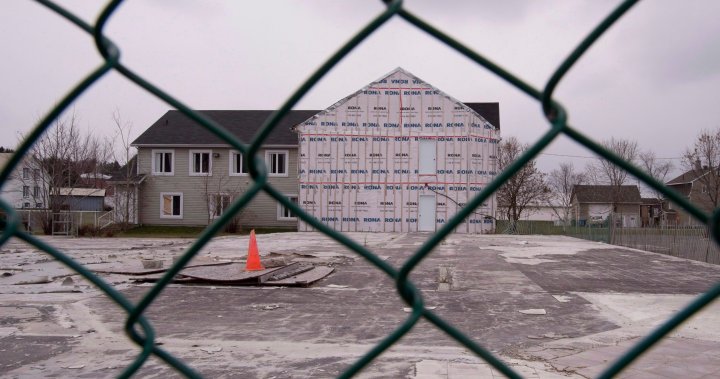
Decade after tragic fire that killed 32, some Quebec seniors’ residences still lack sprinkler systems
Global News
A decade after a tragic fire that killed 32 seniors, many private care homes in the province are still struggling to comply with a requirement to install sprinkler systems.
Ten years after 32 people died in a fire that ripped through a residential complex for seniors in rural Quebec, around a quarter of all private seniors’ residences in the province are still struggling to comply with a requirement to install sprinkler systems.
The January 2014 fire at the Résidence du Havre in L’Isle-Verte, Que. — nearly 200 kilometres northeast of Quebec City — sent shock waves through the province. A subsequent investigation and 2015 report by the Quebec coroner’s office led the provincial government to mandate sprinklers in all seniors’ residences, with exceptions for institutions housing fewer than 10 people.
Now, time is running out for some residences to meet the requirement. In his report, Coroner Cyrille Delâge suggested giving residences five years to comply. The provincial government eventually extended the deadline to Dec. 2, 2024.
As of the end of last year, 353 of Quebec’s 1,413 private seniors’ residents had still not installed sprinklers, according to data shared with The Canadian Press by the office of the provincial minister responsible for seniors, Sonia Bélanger.
Those 353 complexes are disproportionately smaller in size. Though they represent one-fourth of all residences, they comprise just 4.5 per cent of existing seniors’ residence units.
One hundred eighty-four of them have fewer than ten units and could thus qualify for an exemption if they have met other fire safety requirements. The other 169 risk becoming non-compliant in December and losing their right to operate, says Hans Brouillette, public affairs director of the Regroupement québécois des résidences pour aînés, a non-profit organization that represents privately owned seniors residences in Quebec.
“The deadline is really coming too quickly now to hope that everyone will be compliant by then,” he warned in an interview.
The cost of sprinkler installation is the main barrier. Though the government has offered financial aid, those packages often underestimate the true cost of installation, especially in rural areas, where contractors may incur additional travel, accommodation and meal expenses, and where more work may be required to connect to municipal water networks, Brouillette explained.

Many kids and teens are looking forward to the holidays with great excitement, but others find it a difficult time of year filled with anxiety, stress and loneliness. It’s something Alisa Simon, the chief youth officer at Kids Help Phone, says they watch for when school pauses for the winter break, noting, “we do see an increase...










